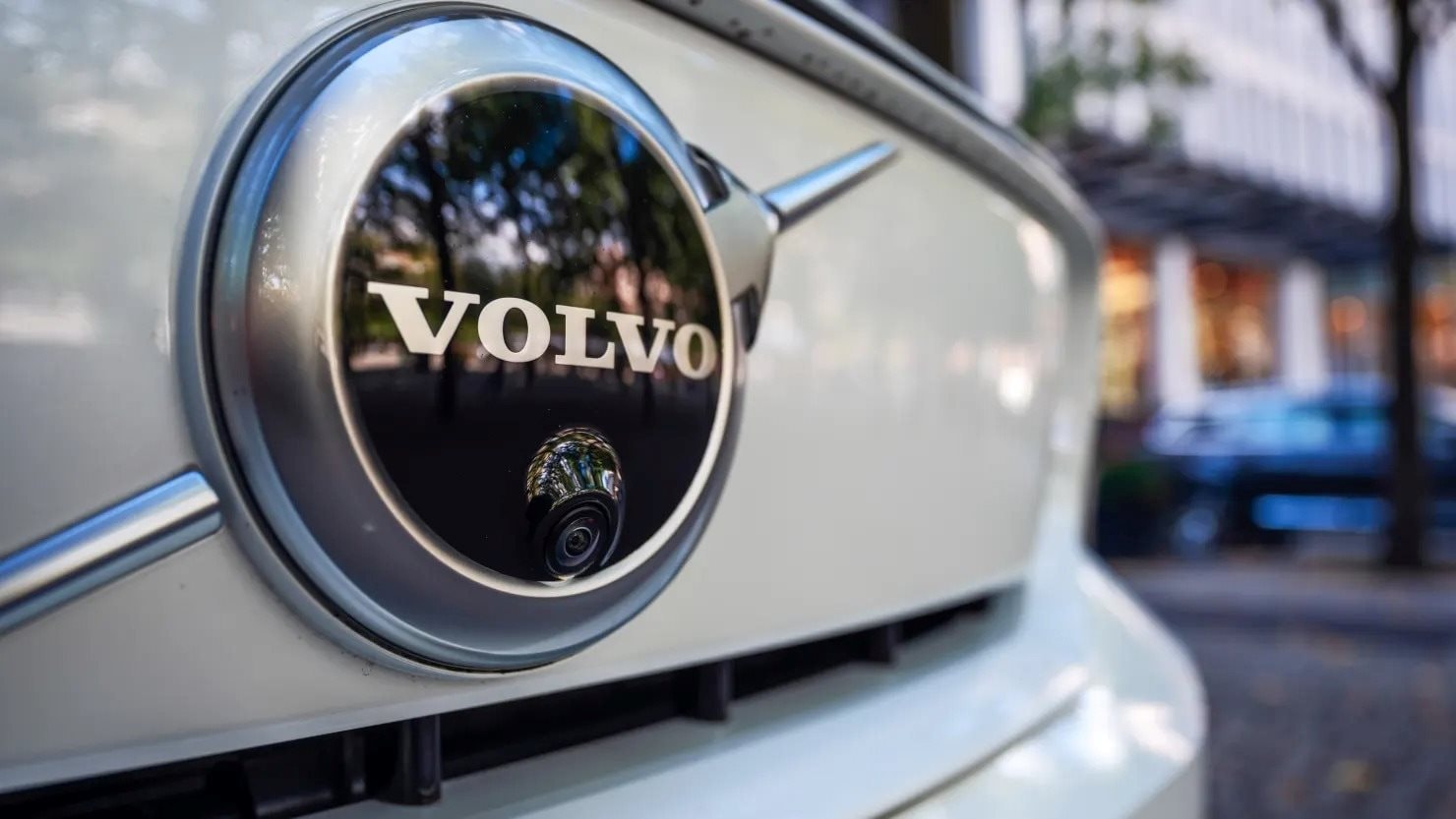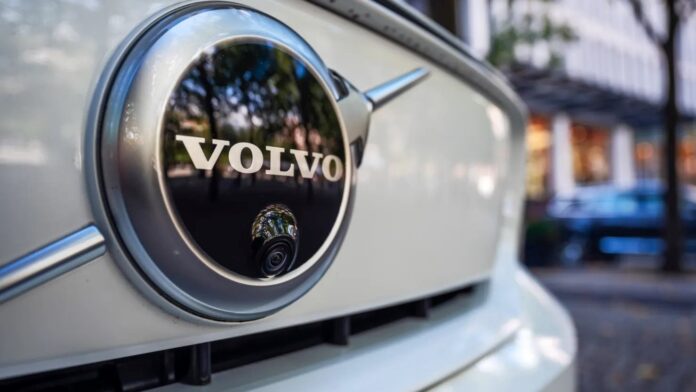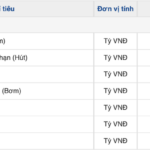
Volvo Cars, the Swedish automotive manufacturer, has announced plans to cut approximately 3,000 jobs as part of its cost-saving initiatives. This development comes on the heels of the company’s announcement last month to save $1.89 billion, owned by Geely Holding.
The job cuts at Volvo Cars will primarily affect office-based positions in Sweden, accounting for around 15% of the total workforce in the company’s office-based roles. Håkan Samuelsson, President and CEO of Volvo Cars, acknowledged, “The actions announced today are difficult but necessary to secure a stronger, more resilient Volvo Cars.”
“The automotive industry is facing significant challenges. To address these challenges, we need to improve our cash flow and cost structure,” added Samuelsson. Of the job cuts, approximately 1,000 positions will be held by consultants, mainly in Sweden. Additionally, around 1,200 employees in Sweden and the remaining in other global markets will be impacted. The company has also retracted its financial reports for 2025 and 2026 due to tariff uncertainties in the automotive industry.
The looming uncertainty surrounding trade tariffs is expected to significantly impact the automotive industry, given the globalized nature of supply chains and the heavy reliance on manufacturing operations across North America. On May 23, US President Donald Trump threatened to impose a 50% tariff on imports from the European Union, causing European automotive stocks to plunge. However, Trump later agreed to delay the tariffs past July 9 following a call with European Commission President Ursula von der Leyen.
Currently, the EU faces a 25% US tariff on cars and a 10% tariff on most other goods, with retaliatory tariffs on US steel and aluminum. Volvo Cars asserted that these measures are essential to ensure the company can execute its long-term strategy and remain committed to its ambition of becoming a pure electric car manufacturer.
Although Volvo Cars was one of the first to transition to electric vehicles (EVs), they abandoned their short-term goal of selling only electric cars in September 2024. They cited the need to be “practical and flexible” due to changing market conditions and declining demand.
The Highest Central Exchange Rate in a Year
As of February 4th, the Dollar Index weakened by 0.5% to 108.96, retreating from a three-week high of 109.88 touched the previous day. Despite this, the USD/VND rate remained under pressure as markets forecast a diminishing likelihood of the FED executing two interest rate cuts this year, with the probability now sitting at just under 50%.
“TMT Motors Contemplates Affordable Electric Cars to Replace Motorcycles, Experts Advise: ‘Learn from the Mini EV Experience’”
Former VAMA Secretary General, Mr. Vu Tan Cong, attributed TMT Motors’ failure with the Wuling Mini EV to a multitude of factors. For the company to succeed in the future, he emphasized the importance of hiring competent experts to devise a robust strategy.
Dr. Nguyen Si Dung: “VinFast Shatters Stereotypes About the Abilities and Competence of the Vietnamese”
Dr. Nguyen Si Dung, former Vice Chairman of the National Assembly’s Office, praised VinFast for surpassing all foreign car manufacturers to become the number one automotive brand in Vietnam. This remarkable achievement, according to Dr. Dung, shatters preconceived notions about the limitations of Vietnamese industry and the technological capabilities of its people.
The Automotive Tycoon: Unveiling the Man Behind the $260 Million Car Engine Factory in Hue
With Kim Long Motor Hue’s construction of a $260 million automobile engine manufacturing plant in Thua Thien Hue, the Phuong Trang ecosystem of tycoon Nguyen Huu Luan is realizing its automotive manufacturing ambitions.





















